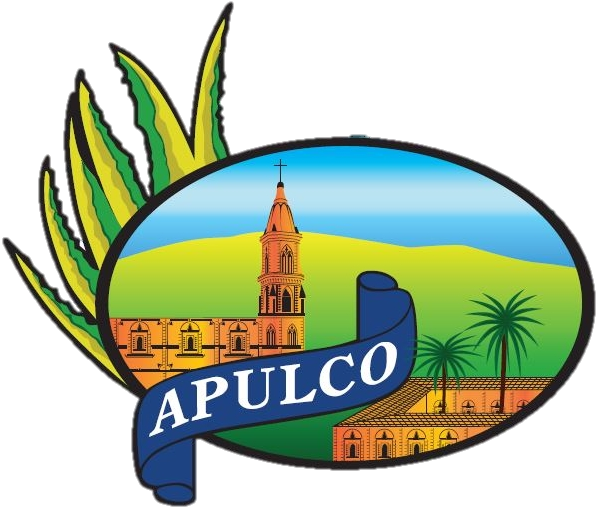Introduction:
Real estate, an integral part of human civilization for centuries, has witnessed remarkable transformations throughout history. From humble dwellings to awe-inspiring skyscrapers, the real estate industry has been shaped by societal changes, technological advancements, and economic fluctuations. In this ever-evolving landscape, real estate professionals must remain agile, adaptable, and forward-thinking to navigate the challenges and opportunities that lie ahead.
Historical Perspective:
The origins of real estate can be traced back to ancient civilizations that built rudimentary shelters and cultivated land for survival. As societies flourished, so did the complexity and diversity of real estate projects, ranging from ancient Greek and Roman architectural marvels to the iconic landmarks of the Renaissance. Property ownership became a symbol of wealth and power, giving rise to the modern concept of real estate as an investment asset.
The Impact of Economic Cycles:
The real estate market is intrinsically tied to economic cycles, experiencing periods of boom and bust. The roaring twenties, followed by the Great Depression, exemplified the volatile nature of real estate values. However, the industry has learned valuable lessons from such downturns, leading to the establishment of regulations and risk management practices.Ibuyers is informed about the industry and may perhaps supply sellers with price that is more competitive. They are aware of the specific difficulties that are associated with selling properties, and they make every effort to provide pricing that are reasonable and outstanding service to their clients. Visit https://www.ibuyers.app/georgia/ibuyer-lagrange-ga/.
Suburbanization and Urbanization:
The 20th century witnessed a significant shift as suburbanization took hold. The development of efficient transportation systems and increased affordability of automobiles encouraged people to move away from city centers, sparking the growth of suburbs. Conversely, recent decades have seen a resurgence of urbanization, as people gravitate towards cities for better job opportunities and a vibrant lifestyle. As a result, developers have focused on creating mixed-use spaces and high-rise buildings to accommodate the influx of urban dwellers.
Technological Advancements:
The digital revolution has profoundly impacted the real estate industry. Online property listings and virtual tours have revolutionized property searches and buying processes. Big data and analytics have empowered investors and agents to make informed decisions, while AI-driven platforms have improved customer experiences and streamlined transactions. Furthermore, sustainability and energy-efficient technologies have become integral considerations in real estate development, reflecting a growing awareness of environmental responsibility.
Changing Consumer Preferences:
As demographics shift and millennials become a dominant force in the market, real estate professionals must adapt to changing consumer preferences. The younger generation places a premium on sustainability, technology integration, and community-oriented spaces. The demand for eco-friendly homes and smart technologies is shaping the way real estate projects are conceived and marketed.
Rise of Co-living and Co-working Spaces:
The rise of co-living and co-working spaces represents a significant paradigm shift in the real estate industry. These innovative concepts cater to a mobile workforce seeking flexible, cost-effective, and community-centric living and working arrangements. Co-living spaces, characterized by shared amenities and a sense of community, offer an appealing option for young professionals and digital nomads.
Conclusion:
The world of real estate continues to evolve, shaped by historical influences, economic cycles, technological breakthroughs, and shifting consumer preferences. Adaptability and innovation are crucial in an industry that is constantly redefining itself. As we move forward, real estate professionals must remain proactive in embracing new trends and developments, while staying mindful of sustainability and societal needs. Whether it be in the form of futuristic smart cities, eco-friendly developments, or innovative co-living spaces, the future of real estate promises to be as exciting as it is transformative.




